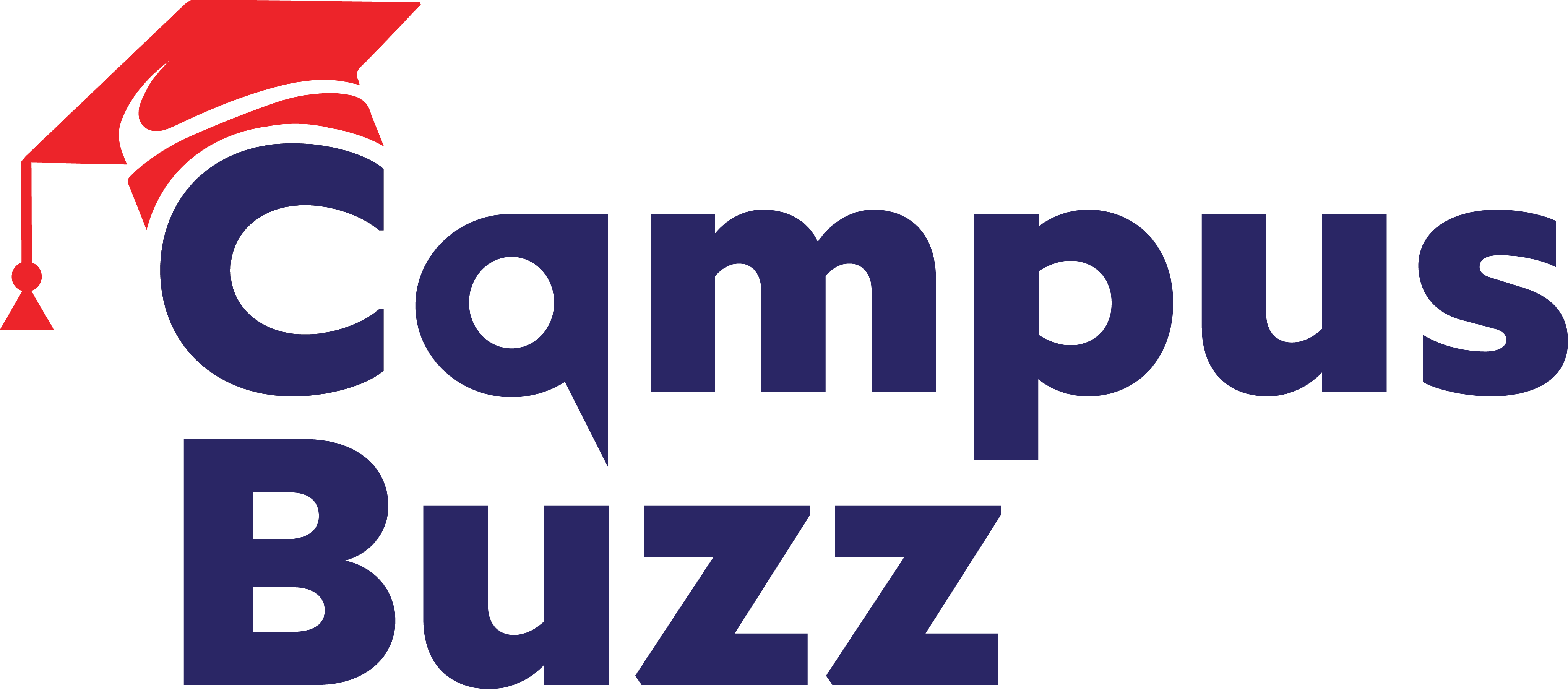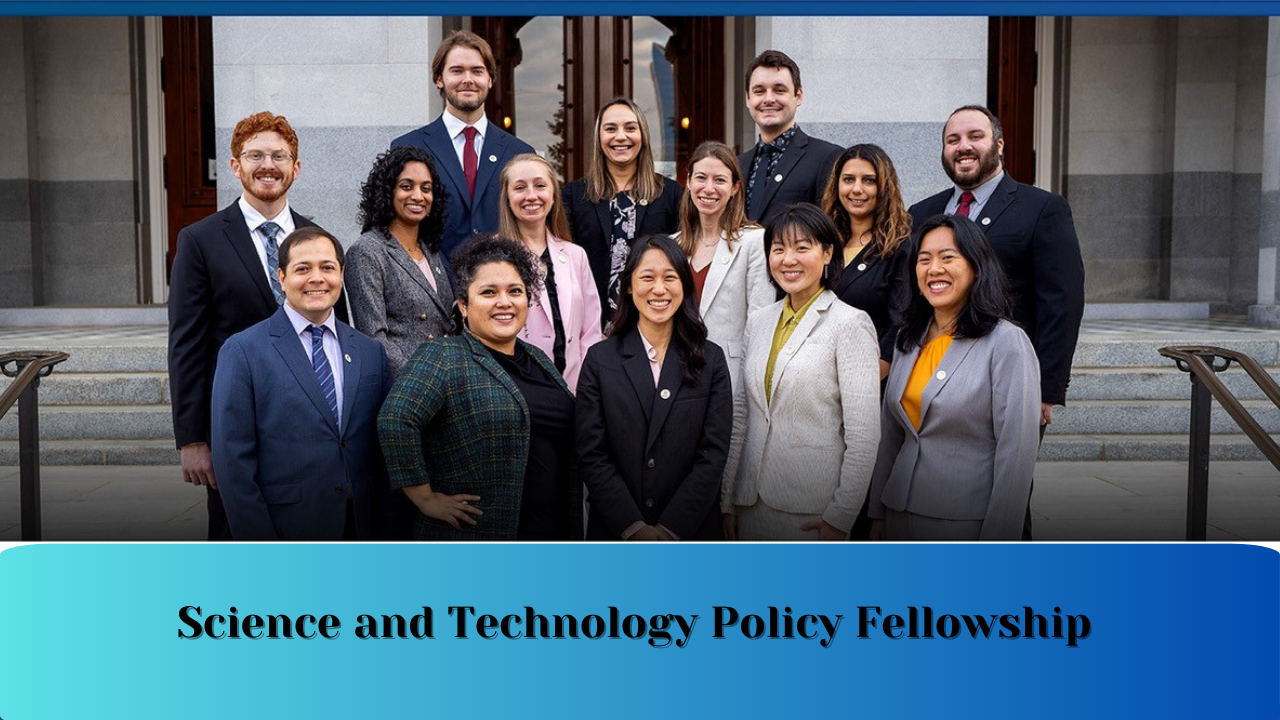Our Science and Technology Policy Fellowship teaches science and technology experts with limited policy experience how to impact policy. The Fellowship consists of two blocks:
1) a mandatory full-time policy boot camp that teaches fellows the basics of policymaking, including practical exercises, and
2) an optional, remote, and part-time final project.
This program is for US-based individuals with subject-matter expertise in a science and technology field. Any science and technology professional can apply, but, for the upcoming program, we will prioritize admitting those who work in one of three priority areas: emerging technology, cybersecurity, and climate change. We will also prioritize individuals who work directly with communities that face marginalization and/or who seek to tackle disparities around race and ethnicity, age, gender identity, sexual orientation, disability, and other aspects of diversity.
Accepted fellows will receive a $7,500 stipend to defray the costs of participating in the boot camp block of the Fellowship (e.g., food and lodging). Out of town participants will also receive a small stipend to cover travel to the Bay Area. Those who opt into and successfully complete the optional final project block will be awarded an additional $5,000.
The Curriculum
The Science and Technology Policy Fellowship consists of two blocks: 1) a mandatory full-time in-person policy boot camp that teaches fellows the basics of policymaking, including practical exercises, and 2) an optional, remote, and part-time final project.
The policy boot camp includes:
- An orientation introducing fellows to the Fellowship, the other members of their cohort, and the policymaking process;
- Regular classes exploring what policy is and how to identify problems, define alternatives, develop relevant outputs, and communicate with stakeholders; and
- Action-oriented practical exercises, such as “how to write a policy memo” and “how to give an elevator pitch,” founded on real-world problems provided by our partners.
Fellows then have the opportunity to work remotely, for a minimum of 10-12 hours a week, on a final project. Fellows who choose to complete this project are required to create a suite of substantive policy outputs (e.g., draft regulations, toolkits for policymakers, white papers, op-eds, an app, etc.) and present them to policymakers. Fellows do not need to decide whether they would like to participate in the project block until the in-person block begins.
Eligibility
For the Science and Technology Policy Fellowship program, we are looking for applicants with the following characteristics:
1) Applicants should have significant professional experience with science (including environmental or climate science), technology, engineering, or mathematics.
For instance, applicants might work:
- as an engineer or computer scientist at a public interest organization;
- as a business executive at a science or technology company;
- at a university or think tank studying a STEM field;
- as an environmental lawyer.
While all STEM experts and executives are welcome to apply, we are particularly interested in applicants who are passionate about problems in these 3 priority areas:
- Cybersecurity
- Emerging technology (such as artificial intelligence, internet of things, autonomous vehicles, quantum computing)
- Climate (including clean energy, environmental justice, and climate tech)
We also prioritize individuals who work directly with communities that face marginalization and/or who seek to tackle disparities around race and ethnicity, age, gender identity, sexual orientation, disability, and other aspects of diversity.
2) Applicants should show potential to apply their scientific or technical experience to affect policy and social change.
Applicants should be passionate about solving societal challenges related to science and technology topics (for example, cybersecurity or climate change), and should be able to articulate creative, innovative ways in which they want to make a difference and how their experience will help them do so.
3) Applicants may have not yet significantly explored their potential to enact change through policy.
This is an introductory program to the policymaking process, and applicants with significant policy experience are likely to be too advanced for this program. While we welcome all interested individuals to apply, we will prioritize applicants who do not have significant policy experience (such as a master’s in public policy or experience working in a policy role).
4) Applicants need to meet the following eligibility requirements for the program:
- Applicant(s) must be at least 21 years of age by the start of the program.
- Applicant(s) must be fluent in English.
- Applicant(s) must be able to commit to the full-time, 3.5-week, in-person policy boot camp block.
- Applicant(s) must be able to reside in the Bay Area during the policy boot camp block. The block will take place at Tides Converge in San Francisco. Note that fellows will receive a $7,500 stipend to defray the costs of food and lodging, and out-of-town fellows will receive an additional small stipend to cover travel to the Bay Area.
- Applicant(s) must have legal status to work and reside in the United State



